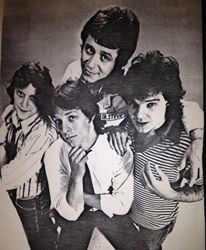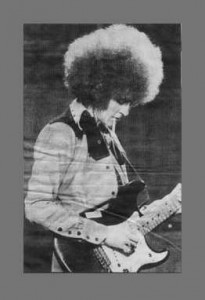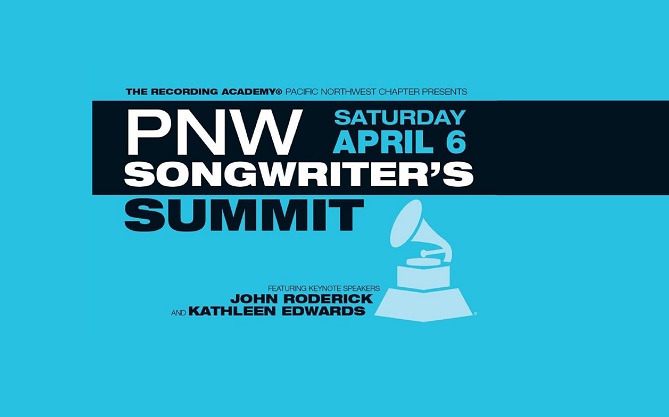Artists Sharing Their Own Journey
In my quest to learn about music marketing I’ve encountered many smart people, some of them music industry professionals, some social media and marketing professionals, and several who are, like me, musicians actively practicing their craft and trying to make it (whatever that means… but I’ll get to that in a minute).
There is something particularly genuine and relevant about advice that comes from another musician. The advice and perspective that comes from industry professionals is valuable too, it’s just coming from a different place. Non-musician professionals have an overall vision of the industry that is uncolored by their own ego and participation as an artist.
But musicians being vulnerable about their own journey – now that’s something immediately relatable to me some of them may have started with some beginners drum lessons and become later talented musicians.
[Tweet “I find the musician as marketer perspective particularly relatable.”]
There are a lot of smart musicians who are actively sharing – mostly for free – what they’ve learned through their own experience, and, through interviews, the experience of other musicians. Basically, what I do.
Here are a few practicing musicians whose blogs, books and podcasts I follow:
- Ari Herstand
- Dave Ruch
- Marcio Novelli and Ross Barber’s Bridge The Atlantic
- Brent Baxter’s Songwriting Pro (AKA Man vs. Row)
- Sean Harley Tucker‘s The Spark and the Art
- Bob Baker’s The Buzz Factor
- Bree Noble’s Female Musician Academy
- Shannon Curtis’ book on House Concerts
If you know more artists who are offering great music career and marketing advice based on their own experience and that of other real, DIY musicians, please feel free to add links to their websites or podcasts to this post in the comments section.
Terra Naomi
I recently had a very productive conversation with a musician of that ilk named Terra Naomi. She gained fame doing covers and originals on YouTube in the mid-2000s, winning the first YouTube Award for Best Music Video in 2006. Her original music video, Say It’s Possible, has over 4.8M views as of this writing, and she has many (hundreds?) other videos of both cover songs up and originals on her YouTube channel.










